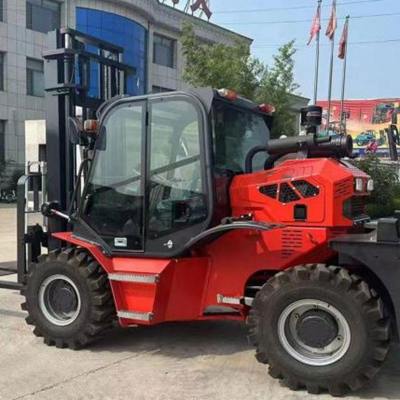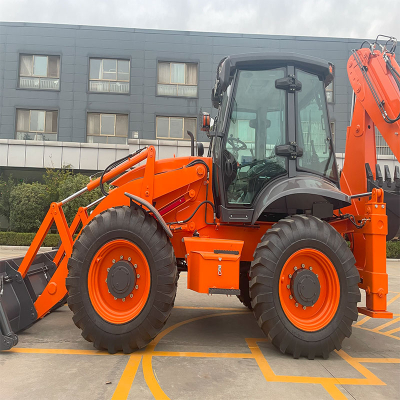2.5 Ton Forklift: How Heavy Is It?
When purchasing a forklift for your warehouse or construction site, you've undoubtedly asked yourself, "How much does a 2.5-ton forklift weigh?" While this seemingly simple question holds the key to impacting your site's load capacity, transportation costs, and overall efficiency. Accurate weight data can help you avoid unexpected hassles and extra costs.
Why isn't the "weight" of a 2.5-ton forklift a fixed value?
First, it's important to clarify a key concept: 2.5 tons refers to the forklift's rated lifting capacity (load capacity), not its own weight. A forklift's own weight is typically much greater than its load capacity. This is to provide sufficient counterweight to balance the load and ensure safe operation.
Forklift power source: This is the most important factor affecting weight.
Diesel forklifts
These are typically the heaviest, requiring a sturdy frame and large counterweight to balance the powerful internal combustion engine. Their curb weight ranges from approximately 4.5 to 5.5 tons.
Electric forklifts
Due to the heavy battery packs used as counterweight, their weight is also considerable, but the distribution differs from that of diesel forklifts. Their curb weight ranges from approximately 4.2 to 5.2 tons.
LPG/gasoline forklifts
Their weight typically falls between diesel and electric forklifts, with a curb weight range of approximately 4.0 to 4.8 tons.
Mast height and configuration
A taller mast, a three-section mast, or special attachments will increase the weight at the front of the truck, which may require slight adjustments to the counterweight and affect the overall deadweight.
Get the most accurate answers and the best quotes without guessing!
When choosing the right forklift, weight is just the beginning. You also need to consider many other factors, including price, performance, maintenance costs, and after-sales service.
We understand that every project is unique. Therefore, we don't want to give you vague or potentially misleading estimates.
Contact us now and share your specific requirements (e.g., operating environment, typical loads, power preferences, etc.). We'll recommend the most suitable forklift type.
Don't let vague numbers sway you from important decisions. Get accurate data and make an informed choice. Start now.





